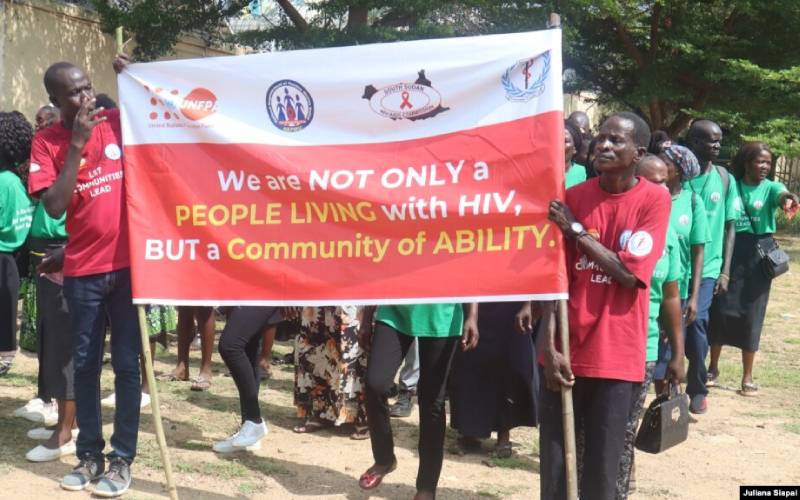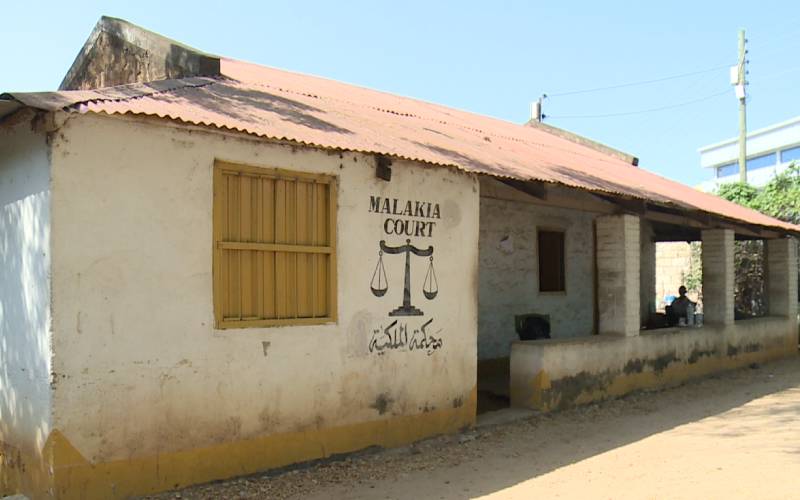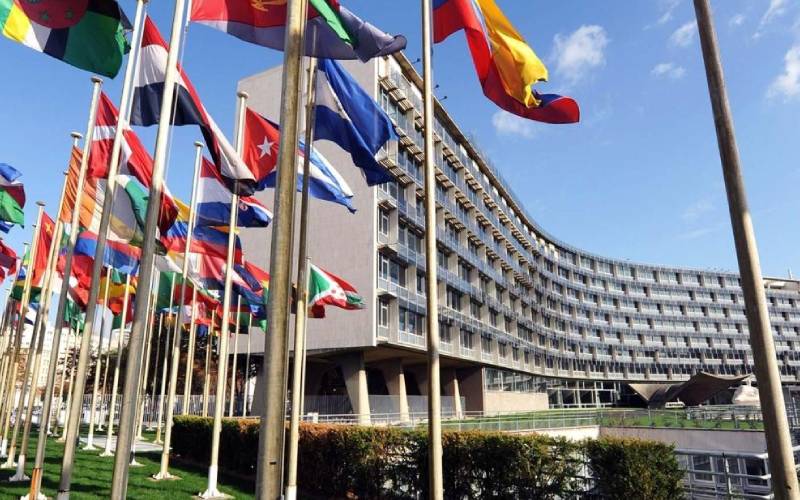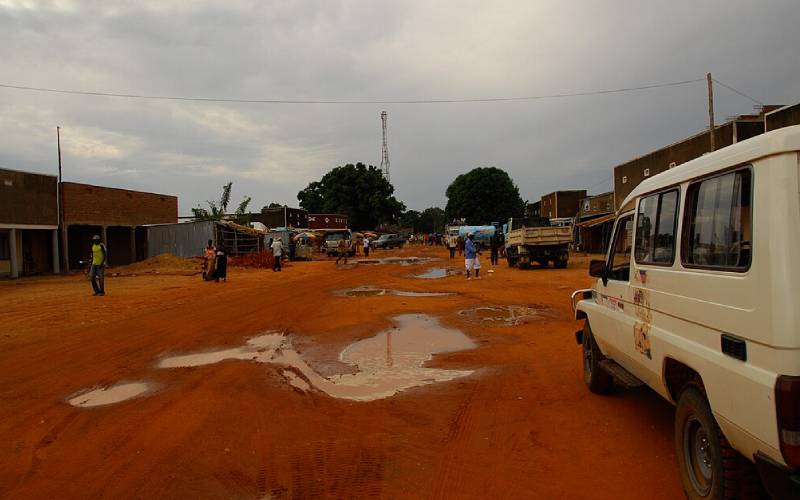By Majok Guet Kuol
As the prevalence of HIV and AIDS continues to rise in South Sudan, immediate measures are necessary, starting from the grassroots level. One essential measure is for traditional authorities to mandate HIV testing for couples prior to the initiation of any marriage proceedings.
The estimated prevalence of HIV and AIDS in South Sudan is 2.4% among adults aged 15-49, reflecting approximately 194,000 individuals living with HIV and AIDS.
Traditional marriage customs hold significant importance in South Sudanese culture, particularly in rural regions where formal legal systems are not easily accessible. By incorporating HIV testing into customary marriage procedures, traditional leaders could significantly aid national initiatives aimed at curbing the virus's spread.
When both the bride and groom are informed of their HIV status before marriage, they can make educated decisions regarding their health and the future of their families. Implementing HIV testing within the marriage framework is not about discrimination; rather, it is about fostering responsibility, transparency, and care between partners.
Traditional leaders, leveraging their influence and moral authority, can facilitate open discussions about HIV, diminish stigma, and promote transparency. This initiative stems from the necessity to safeguard the health and future of young families, especially given the rising rates of HIV as highlighted by recent statistics from the Ministry of Health. Numerous cases remain undiagnosed until it is too late, largely due to stigma and lack of awareness.
Even more concerning is the increasing transmission of the virus into remote regions, such as cattle camps, swamp areas, and isolated rural communities—locations that were once deemed less affected. In spite of this escalating crisis, many couples and communities remain oblivious or in denial about their health status.
There is a notable deficiency in awareness and, in some instances, outright ignorance regarding HIV transmission, prevention, and treatment. Consequently, many continue to enter marriage without knowledge of their HIV status, thereby endangering each other’s lives unknowingly. The time to take action is now. HIV is no longer solely an urban issue; it is impacting every aspect of our society, including areas we once thought were insulated. Ignoring or denying its existence will only result in increased suffering and loss.
As a student of Public Administration and Policy Making, I firmly advocate for the integration of HIV testing into marriage traditions as a potentially life-saving policy. Government entities, civil society organizations, and churches need to back our traditional authorities in executing this change. Initiatives like free testing, community education, and counseling services should accompany this effort to guarantee comprehensive understanding and acceptance. South Sudan cannot afford to overlook the escalating HIV crisis.
Protecting families must begin with honest discussions and informed decisions. Our traditional leaders have a unique chance to contribute to the solution by establishing HIV testing as a standard component of the marriage process.
The author is a student of Public Administration and Policy Making at Dr. John
Garang Memorial University of Science and Technology in Jonglei State, Republic of South Sudan.










